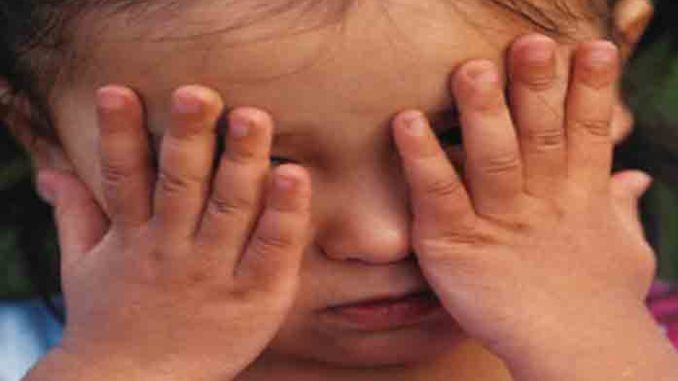
NEW ORLEANS – Studies show that children exposed to childhood trauma known as adverse childhood experiences (ACEs) are at increased risk of being bullied or bullying others. New research being presented at the American American Academy of Pediatrics (AAP) 2019 National Conference & Exhibition suggests that family resilience–the ability to work together to overcome problems, for example–reduces this risk.
The research abstract, “Assessing the Effect of Family Resilience on Bullying in U.S. Children with Adverse Childhood,” will be presented on Sunday, Oct. 27, at the Hilton New Orleans Riverside.
“Bullying is a widespread problem, especially among children experiencing other forms of trauma,” said the abstract’s presenting author and principal investigator Elizabeth Li, a researcher in the Department of Pediatrics at Steven & Alexandra Cohen Children’s Medical Center of New York. “It can lead to mental health problems later on, affecting those who are bullied, those who do the bullying, and those witnessing it.”
For the study, the research team analyzed responses to the 2016-2017 National Survey of Children’s Health (NSCH), which asks parents of U.S. children ages 6 to 17 about a child’s physical and mental health, access to quality health care, and the child’s family, neighborhood, school, and social context. In 2016, the Centers for Disease Control and Prevention introduced “family resilience” to the NSCH as a composite measure based on caregiver responses to the question:
“When your family faces problems, how often are you likely to do each of the following?
(a) talk together about what to do;
(b) work together to solve our problems;
(c) know we have strengths to draw on; and
(d) stay hopeful even in difficult times.”
Children were classified as a bully if their parent responded “definitely” or “somewhat true” when asked if their child “bullies others, picks on them, or excludes them.” They were classified as a victim of bullying if their parents responded “definitely” or “somewhat true” when asked if their child “is bullied, picked on, or excluded by other children.” Analysis controlled for age, sex, race/ethnicity, and family income.
The researchers found that family resilience had a significant association with a lower rate of bullying others in children with up to 3 ACEs. It also had a significant protective effect against being bullied in children with up to 2 ACEs.
The findings suggest that the way a family reacts and responds to traumatic events can have a significant impact on their child’s behavior and well-being going forward, said Andrew Adesman, MD, FAAP, the study’s senior investigator and chief of developmental & behavioral pediatrics at the Steven and Alexandra Cohen Children’s Medical Center of New York.
“Parents should be aware of how they handle adversity and consider both the direct and indirect impact these events may have on their children,” Dr. Adesman said.
